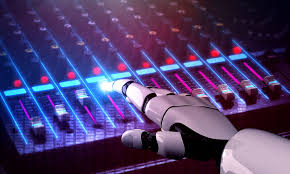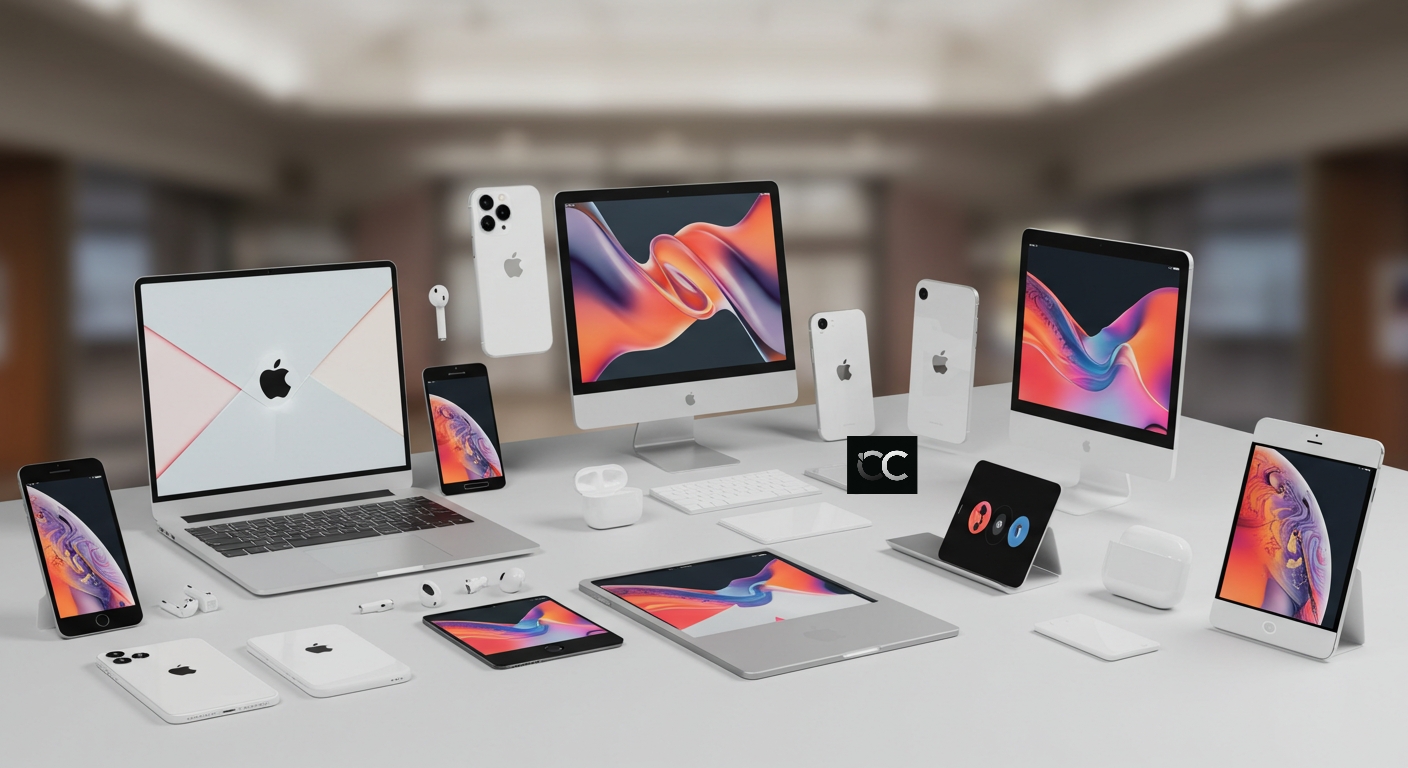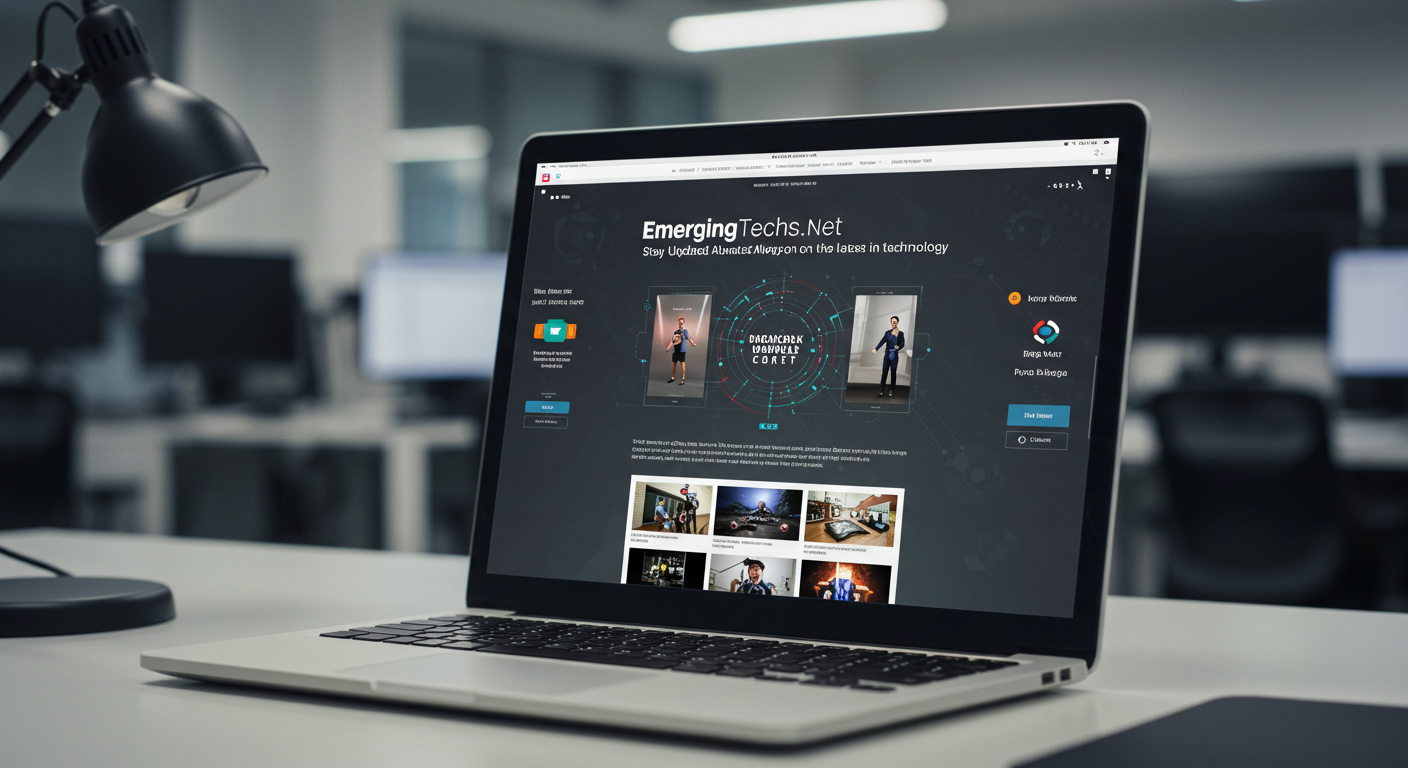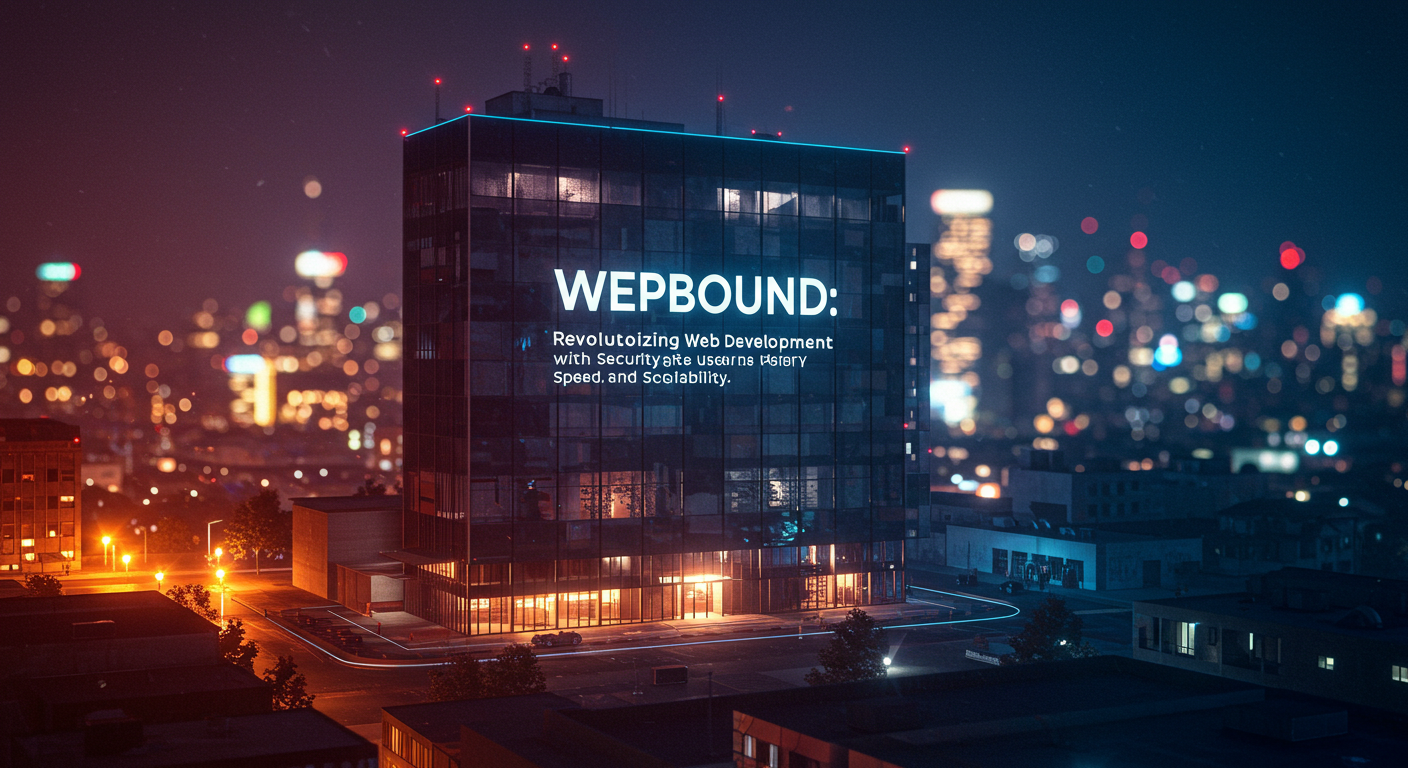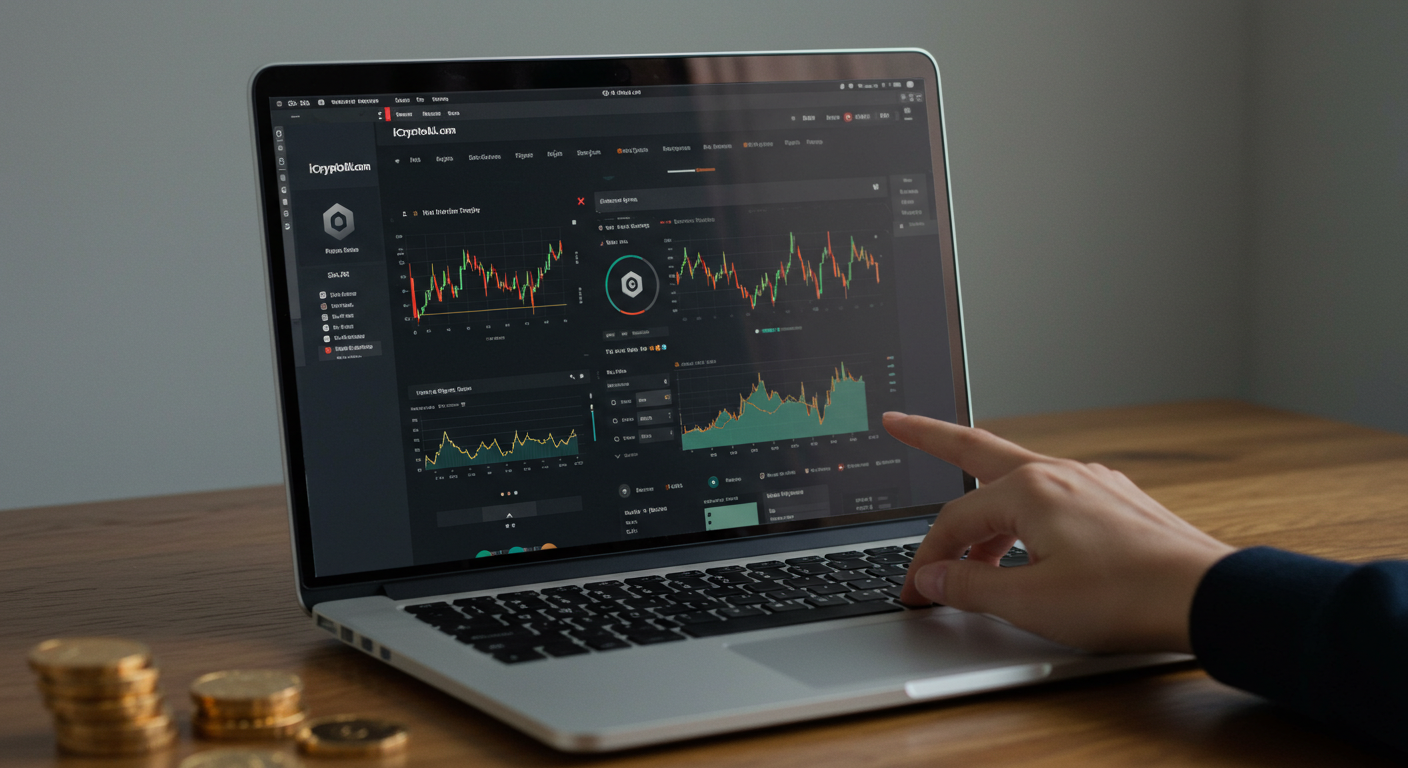In the modern world of music creation, technology is advancing rapidly, and one of the most exciting innovations is the use of Artificial Intelligence (AI) in music production. Gone are the days when music composition was solely reserved for those with years of training or expensive recording studios. Today, anyone with a passion for music and access to the right tools can create their own AI-generated music, regardless of their experience or technical skills. This article explores how you can create your own AI music and the benefits of integrating AI into your musical projects.
What is AI Music?
AI music refers to music that is generated, enhanced, or assisted by artificial intelligence algorithms. These AI systems are designed to analyze patterns in existing music—such as melodies, harmonies, rhythms, and even lyrics—and use these patterns to create new compositions. Whether you are looking to compose an original track, generate background music for a video, or experiment with new musical ideas, AI music tools make it possible to create high-quality compositions quickly and easily.
AI music generation is made possible through machine learning and deep neural networks. By analyzing massive amounts of data, these by creating your AI music learn what works musically and can produce tracks that align with user-defined parameters such as genre, mood, tempo, and instrumentation.
How to Create Your Own AI Music
Creating your own AI music is simple and accessible, even for beginners. With just a few clicks, you can have an original piece of music composed and ready for use. Here’s how to get started:
1. Choose an AI Music Tool
The first step in creating your AI music is to select an AI music generator that fits your needs. There are a number of platforms available that cater to different types of creators—from content creators needing royalty-free music to musicians looking to compose original tracks. Some popular AI music tools include:
- Amper Music: A user-friendly platform that allows you to create music by adjusting parameters such as genre, mood, and instrumentation. It’s perfect for content creators, filmmakers, and businesses looking for custom music.
- AIVA (Artificial Intelligence Virtual Artist): AIVA focuses on classical and orchestral music composition. If you’re working on cinematic soundtracks or classical music, AIVA can help generate intricate and beautiful compositions.
- Soundraw: This tool allows you to generate music based on mood, genre, and instruments, and it also lets you customize elements such as the length and arrangement of the track.
- OpenAI’s Jukedeck (now part of TikTok): Previously a standalone platform, Jukedeck specializes in generating AI music for videos, making it a go-to tool for YouTube creators, streamers, and social media influencers.
2. Set Your Parameters
Once you’ve chosen your AI music tool, you’ll be prompted to set some basic parameters to guide the AI in creating your track. Some of the common options include:
- Genre: You can specify the genre of music you want to create, such as pop, rock, jazz, classical, electronic, or ambient.
- Mood: Choose the emotional tone you want for the track—whether it’s uplifting, calm, dramatic, or intense.
- Tempo: Decide the speed of your composition. You can select a fast tempo for energetic music or a slower tempo for something more relaxed and reflective.
- Instruments: You can define which instruments should be included in the composition. Whether you want piano, guitar, drums, or a full orchestral arrangement, the AI will create music using the selected instruments.
- Length: Set the duration of your composition, whether it’s a short jingle or a full-length song.
These customizable settings give you control over the creative process while allowing AI to handle the heavy lifting.
3. Generate and Refine Your Track
Once you’ve set your parameters, it’s time for the AI to work its magic. In most cases, the AI will generate a piece of music in a matter of seconds. The AI will output a track based on your input criteria, but you don’t have to settle for the first version. Most platforms allow you to make changes, such as:
- Rearranging the composition: Modify the structure of the track by moving sections around (e.g., intro, verse, chorus).
- Adjusting instrumentation: You can change or remove certain instruments, adjust their volume, or introduce new ones.
- Tweaking the tempo or mood: If you’re not satisfied with the speed or emotional tone, you can rework these aspects to fit your needs.
- Adding effects: Many AI music tools allow you to add audio effects like reverb, EQ adjustments, or delays to enhance the sound.
This step is where you can experiment with different variations of your AI-generated music until you get something that suits your project perfectly.
4. Download and Use Your Music
Once you’re happy with the final version, you can download your AI-generated music in a variety of formats, such as MP3, WAV, or AIFF. From there, you can use the track in your video projects, games, podcasts, or any other media where you need custom music.
Some platforms even offer royalty-free music, so you don’t have to worry about licensing issues. This is particularly useful for content creators, businesses, or anyone needing original music that won’t be flagged for copyright infringement.
Benefits of Creating Your Own AI Music
There are several reasons why creating your own AI music can be beneficial, whether you’re a content creator, a musician, or someone who just enjoys experimenting with sound. Here are some of the key advantages:
1. Speed and Efficiency
One of the most significant benefits of AI music is the speed at which you can create high-quality tracks. Traditional music production can take hours or even days, but AI music tools can generate a full track in a matter of minutes. This time-saving feature is especially valuable for creators working on tight deadlines.
2. Affordability
Hiring a composer or music producer can be expensive, especially if you need custom music for a specific project. AI music generators allow you to create your own tracks without the need for a costly production team. This is particularly useful for independent creators, small businesses, or anyone on a budget.
3. No Musical Background Required
You don’t need to be a professional musician or have advanced knowledge of music theory to create your own AI music. Most platforms are designed to be user-friendly, with simple interfaces that make it easy to generate music based on your preferences. Whether you’re a beginner or a seasoned pro, you can quickly learn how to use the tools and start creating music that fits your needs.
4. Creative Exploration
AI music tools open up new creative possibilities. If you’re a musician looking to experiment with different styles or genres, AI can generate ideas and compositions that you might not have considered on your own. AI can also act as a collaborator, offering suggestions and variations that spark new creative directions.
5. Customizable Tracks
AI-generated music is highly customizable. You can tweak the composition to suit your exact preferences, adjusting the tempo, mood, instrumentation, and structure. This level of control allows you to create music that perfectly fits the tone and atmosphere of your project.
The Future of AI Music
The future of AI music is exciting, with endless possibilities for creativity and innovation. As AI technology continues to advance, we can expect even more sophisticated music generation tools that will offer greater customization, complexity, and integration with other technologies like virtual reality and interactive media.
AI music could even evolve to the point where it is capable of creating completely personalized compositions for individual listeners, based on their preferences and listening habits. The possibilities are virtually endless.
Conclusion
Creating your own AI music opens up an entirely new world of possibilities for musicians, content creators, and anyone interested in the art of music. With user-friendly platforms, customizable parameters, and fast, affordable music production, AI allows you to bring your musical ideas to life with ease. Whether you’re generating background tracks for videos, creating original compositions, or simply exploring new musical ideas, AI music tools provide the perfect opportunity to dive into the future of music creation.
